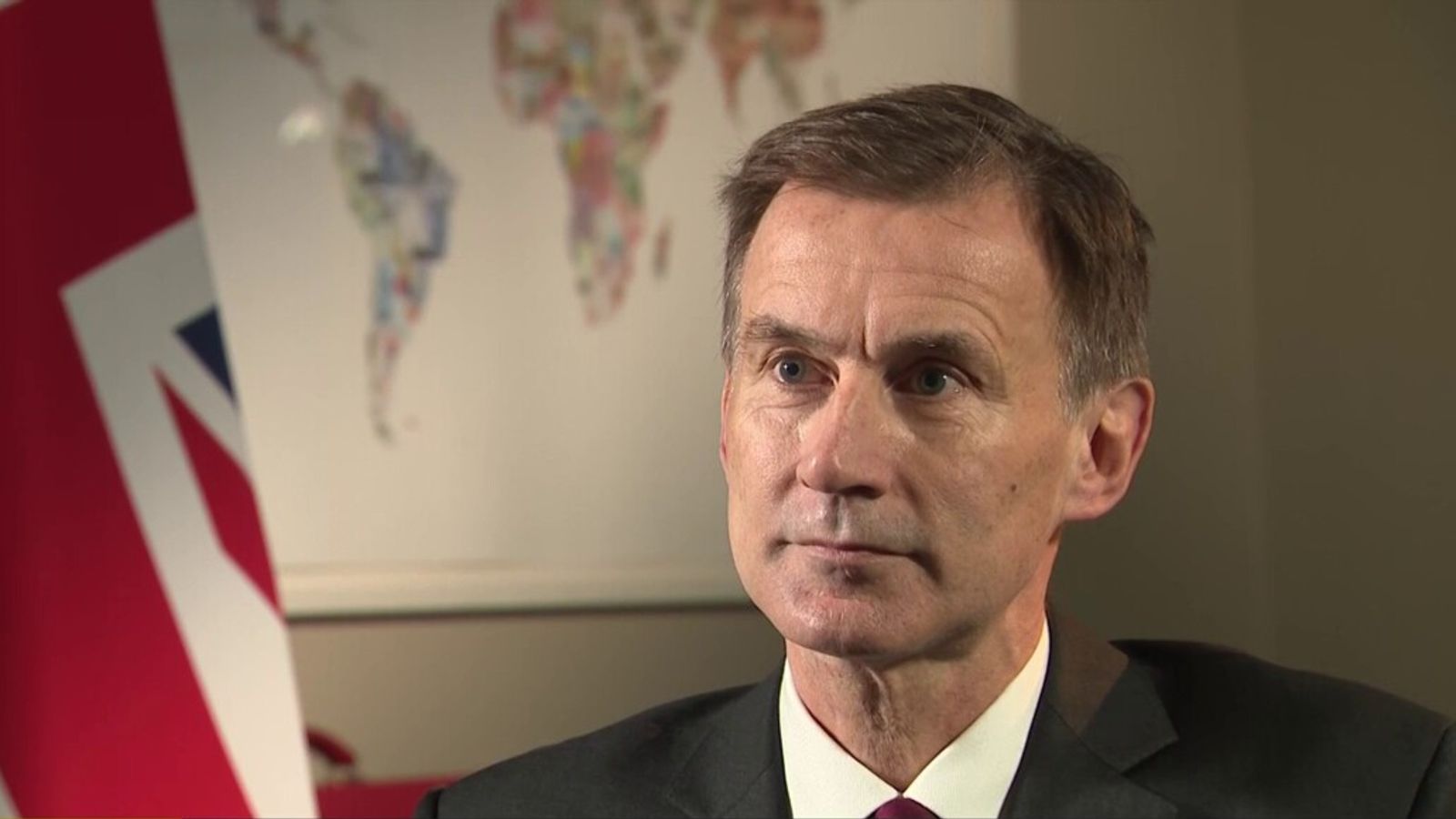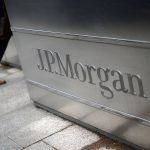Britain’s biggest employers’ group is urging the government to take “big decisions” on boosting growth as a prominent forecaster warns that the country may be facing a deeper recession than it had expected.
Chief executive of the Confederation of British Industry (CBI) will use a speech on Monday afternoon to demand the chancellor reverses “the UK’s trajectory” of falling investment through a series of actions, with a focus on green growth.
Tony Danker will argue that the country is lagging behind international rivals in the sphere – and that Jeremy Hunt’s looming spring budget provides an opportunity for government to help business achieve it.
This could be done in areas including reform of the consent process for green infrastructure.
He is also seeking new regulation to stimulate domestic demand for green technologies.
Mr Danker was due too to complain about huge uncertainties for UK firms over the Retained EU Law Bill, which says that at the end of this year all retained EU law in the UK expires.
A permanent successor to the super deduction tax that ends in April is needed to prevent the UK from dropping from fifth to 30th place among the 38 Organisation for Economic Co-operation and Development (OECD) advanced economies for capital investment, Mr Danker was also expected to say.
“The PM set out less than a year ago what is needed to transform our economy. The ideas are there. Let’s stop second guessing ourselves and get on because there is money on the table to capture right now.”
Mr Danker’s remarks chime with warnings that the UK economy, which could yet be in recession, may see a deeper downturn than initially expected.
EY’s Item Club predicted a 0.7% contraction during 2023 in its latest forecast.
Please use Chrome browser for a more accessible video player
It added that the following two years were also the subject of a downgrade due, partly, to less government support and higher taxes.
The predicted performance for 2023 was far worse than the 0.3% dip it had expected just three months ago.
The recession was not tipped to last longer than beyond the first half of this year.
Official figures are yet to show whether the UK fell into recession during the second half of 2022.
“The UK’s economic outlook has become gloomier than forecast in the autumn, and the UK may already be in what has been one of the mostly widely anticipated recessions in living memory,” said EY’s UK chair Hywel Ball.
He added: “The economy is still expected to return to growth during the second half of 2023 and has been spared any significant new external shocks in the last three months from energy prices, Covid-19 or geopolitics.
“Meanwhile, the chief headwind to activity over the last year – high and rising inflation – may be starting to retreat, while energy prices are falling too.”






















